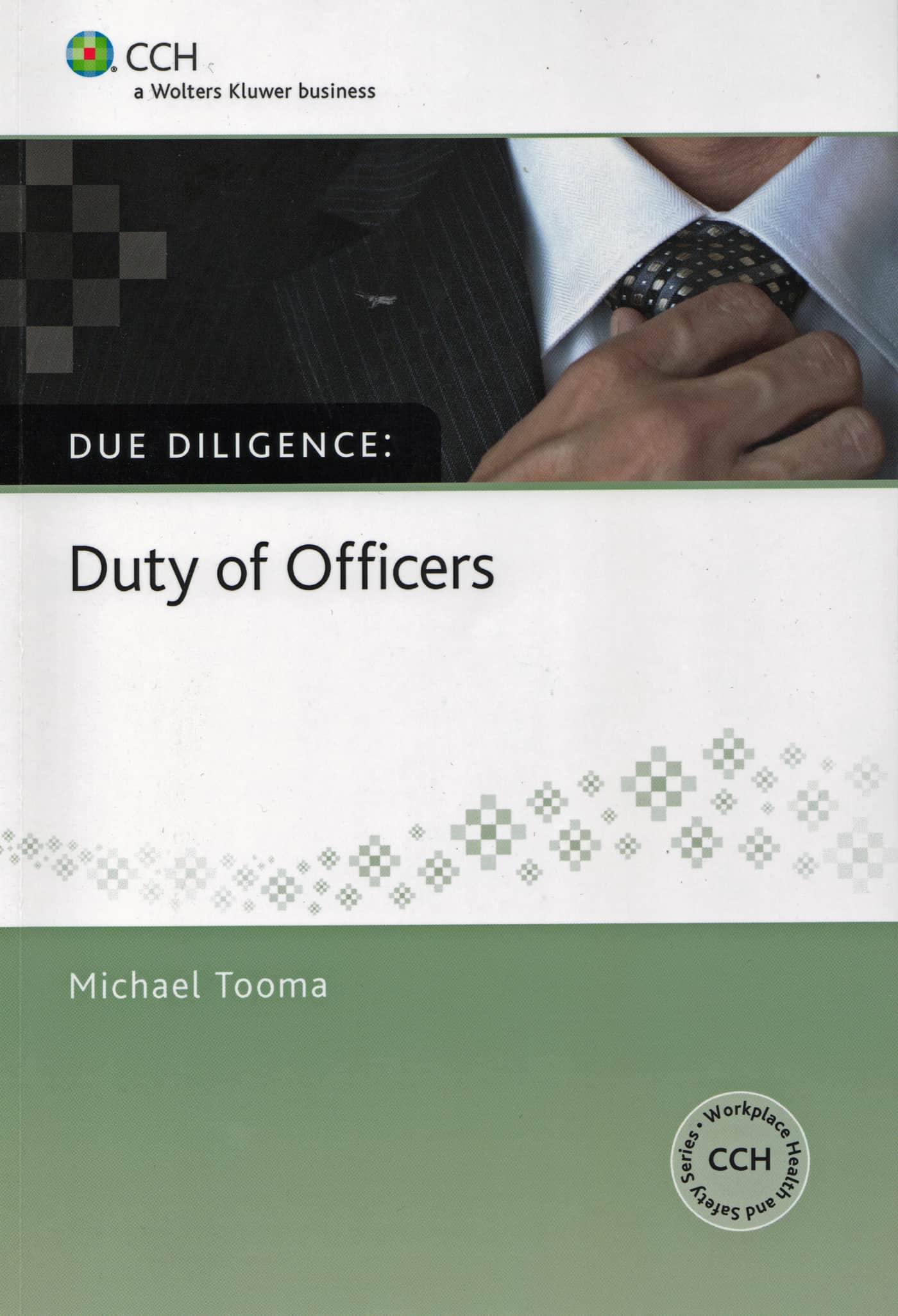 The latest Andrew Hopkins book steers clear of analysing corporate leadership, and this is a good thing. Australian National University sociologist, Andrew Hopkins, has established an international reputation for his enlightening analyses of the failures of organisational culture in major disasters but his latest book, Disastrous Decisions: The Human and Organisational Causes of the Gulf of Mexico Blowout, purposely leaves leadership out.
The latest Andrew Hopkins book steers clear of analysing corporate leadership, and this is a good thing. Australian National University sociologist, Andrew Hopkins, has established an international reputation for his enlightening analyses of the failures of organisational culture in major disasters but his latest book, Disastrous Decisions: The Human and Organisational Causes of the Gulf of Mexico Blowout, purposely leaves leadership out.
This may disappoint many but Hopkins says that
“The critical role of top leaders in accident prevention cannot, however, be overstated. It is they who must learn from major accidents and, unless they do, nothing can be expected to change.
There is one group of decision-makers that has received rather less attention in accident investigations: office-based engineers.” (page 8) Continue reading “Latest Andrew Hopkins book focusses on engineering decisions”


